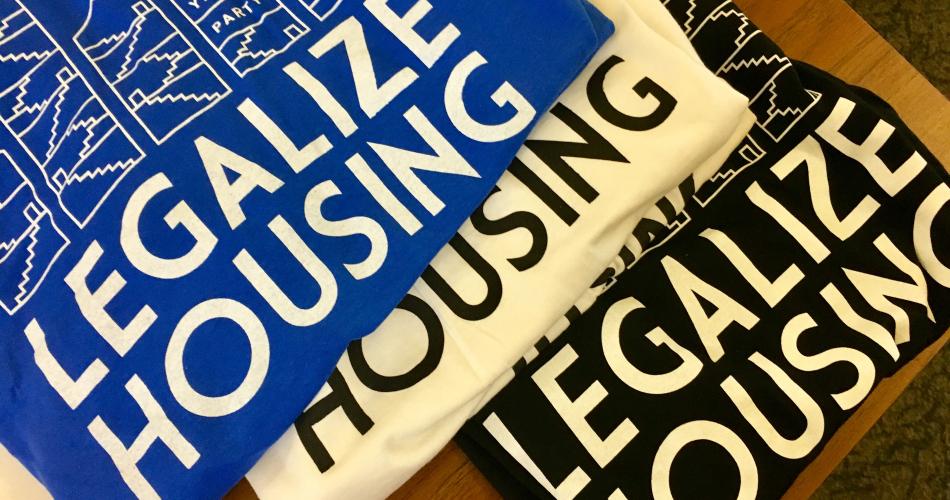Reading time: 6 minutes
While the causes of the housing shortage are varied and complex, restrictive zoning and land use policies are a major contributor to the problem. These artificial barriers to housing production have their roots in redlining, NIMBYism, and local opposition to building more housing event in the areas where it would make the most sense. The consequences of such policies are both largescale underproduction and continued exclusion from high opportunity areas for those who cannot afford to live there. Without meaningfully addressing these barriers, localities cannot develop much-needed housing to meet the demand, which means further cost burdening for a large swath of American families and individuals.
For the most part, the federal government has ceded zoning and many other housing-related policies to state and local governments. This makes sense; it’s difficult to imagine that a one-size-fits-all approach to housing dictated by Washington would yield universally positive results. But it’s equally clear that Congress and the federal government can ignore the growing housing crisis and its origins in exclusionary zoning.
The need for the federal government to play a constructive role in solving the housing crisis is why Up for Growth Action is excited about recently introduced legislation in Congress – The Yes in My Backyard (YIMBY) Act. S. 1919 was introduced in June by Sens. Todd Young (R-IN) and Brian Schatz (D-HI) and its House counterpart, H.R. 4307, was filed in September by Reps. Denny Heck (D-WA) and Trey Hollingsworth (R-IN). The bipartisan legislation seeks to undo some of the policies and practices that perpetuate artificial barriers to housing and limit economic growth and mobility.
The YIMBY Act requires that Community Development Block Grant (CDBG) recipients include, as part of their normal consolidated plan reporting, the extent to which they are taking steps to remove discriminatory land use policies that prevent much-needed housing from being built. The bill provides a comprehensive list of land use policies and reforms that make areas more accessible and affordable by increasing housing supply. Proposed policies include measures that will help localities increase affordability by increasing multifamily zoned land, creating transit-oriented development zones, and eliminating or reducing off-street parking requirements. Additionally, the bill encourages consideration of policies like eliminating exclusionary zoning, thus allowing for more affordable housing options like duplexes, triplexes, and quadplexes in high-opportunity single-family zones. CDBG grant recipients will report periodically on the ways that they are enacting such policies or the plan for implementing policies in the future. The YIMBY Act increases transparency in land use, zoning, and housing decisions and sheds light on the exclusionary policies that contribute to an overall shortage of homes.
The housing ecosystem varies widely across localities and response solutions must uniquely address the situation on the ground. The YIMBY Act addresses this by providing localities with a framework toolbox for addressing housing supply needs but is not prescriptive and does not condition CDBG funding on completion of the policy priorities it lays out. Rather, the YIMBY Act takes a “sunshine is the best disinfectant” approach to moving the needle on more inclusive housing policies. Its goal is to nudge cities and other government entities to think long and hard about how their policies affect housing affordability and availability.
The YIMBY Act would be an important first step by the federal government to curtail exclusionary housing policies that continue to contribute to housing underproduction and undersupply. Alleviating the burden of housing requires a thoughtful recalibrating of land use practices and policies. The YIMBY Act paves the way in creating the conversation that increases transparency and begins to undo some of the exclusionary policies that have suppressed development of needed housing at all income levels.
For more information on the YIMBY Act, please take a look at Up for Growth Action’s one-page overview of the bill.
